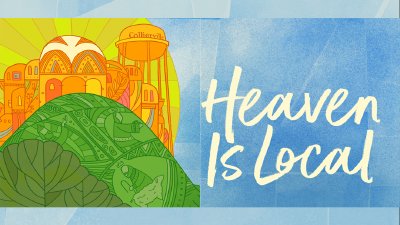It is an old saying and has passed into cliché perhaps, but we use it often to describe the feeling of finding ourselves in a situation in which there appears to be no escape. In The Odyssey, Homer captures this for our imaginations when Odysseus, in order to get home, has to navigate his ship through the narrow Strait of Messina. The problem is that on one side of the strait is Scylla, a monster with six heads mounted on long necks, each mouth filled with razor sharp teeth…and she is always hungry! On the other side of the strait, just a bow shot away, is Charybdis, a deadly whirlpool which will swallow a ship whole. To be caught “between Scylla and Charybdis" is to find yourself in an impossible situation with a bad outcome any way you turn.
In our narrative this week, Paul finds himself is such a situation. On the one hand, his own people want to assassinate him; and, on the other hand, he is at the mercy of the oppressors of his people—Rome. Is God in this? Are there words of comfort for Paul? Or perhaps what we really want to know is, are there words of comfort for us, who—because we live in a fallen world and because we ourselves are fallen—often find ourselves in such places. I hope you are interested because, if you read the Bible with any degree of attention, it seems the lot of God’s people is to find themselves in places like this often.
This Sunday, we will talk about it and consider what God is up to when we find ourselves between a rock and a hard place. Hope to see you then! Also, remember Sunday School for all ages starts at 9:15!
Blessings,
Jim






